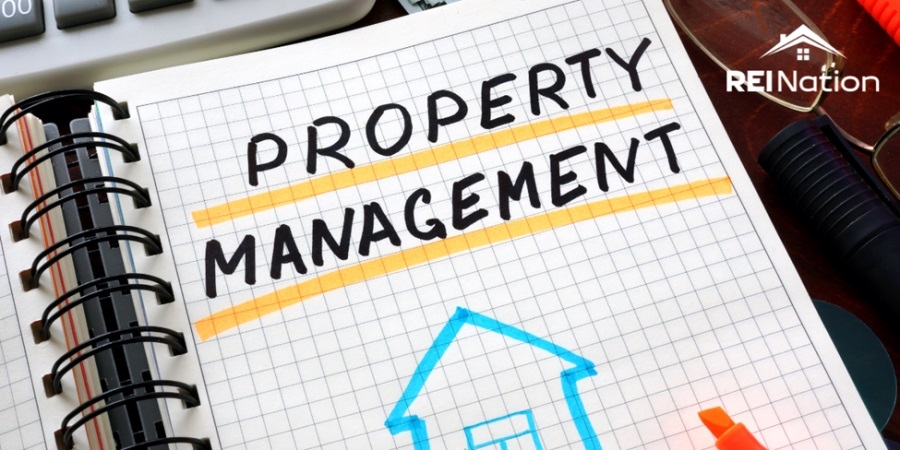Realty Today | Apr 17, 2024
Investing in rental properties outside of your local area can be lucrative and enable investors to take advantage of strong housing markets in other parts of the country. However, being a landlord from a distance comes with its own set of unique obstacles to navigate. Overcoming the challenges of out-of-state real estate investing requires careful planning, the right local team, and effective systems to manage your properties remotely. When done correctly, remote real estate frees investors to dream big.


















